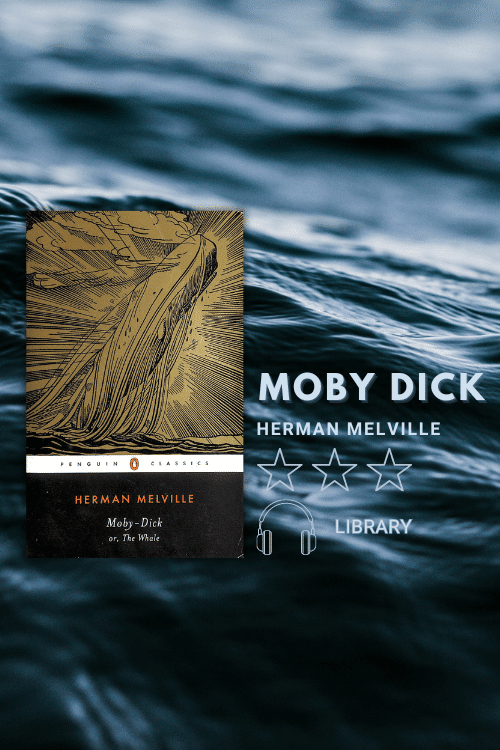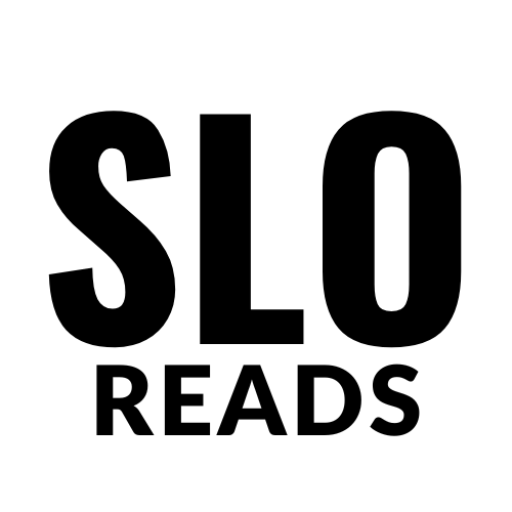To be clear, this is not a literary review of Moby Dick. We’ve all heard of Moby Dick, it’s easy to look up the major themes. This review is about my experience with the book and what worked for me.

Book Information
Publisher: Blackstone Publishing
First Published: 1851
Format: Audiobook
Narrator: Anthony Heald
Source: Library
Genre: Classics, Literature
Reading classics is always a mixed bag. Will it be dense, dry and a slog that’s worth it? Will I have to adapt to different dialects, spellings, etc? Is the book going to go entirely over my head because I’m reading for “fun” and not looking at the deeper themes or technical aspects? Sometimes, I push through because I know it’s a classic, and I want to have my own experience with the story, and sometimes, the story lights a fire in me. Moby Dick is more of the former than the latter, though there were several bright spots.
I listened to the Blackstone Audio version of the audiobook, and Anthony Heald, the narrator, did a fantastic job. The book was an intimidating 24 hours long and was, in fact, dense as heck.
Listening to Moby Dick highlighted the rhythmic prose. The story has a steady beat, and the dialogue leans into it. Often, the sailors speak to each other with lyrical cadences and phrasing. The rhythms of the story are emphasized with repetition, even if it’s something as simple as “Oh Oh Oh cried Queequeg” or a description of the ocean spray hitting the hull. The narrator nails the performance, giving each character the right tone, providing more depth and hammering the beats and cadence to drive the drama.
The overall tone was much lighter than I expected, with frequent displays of humour, witty banter and snarky asides. All that did not balance out the frequent digressions and asides going into explicit detail about every aspect that was brought up in the story. I know way more about whale anatomy, different species of whales, methods of butchering and the pros and cons of various whaling methods. The main character switches between a professor lecturing and a sailor sailing quite often. There are digressions during digressions, and they are drilling into the littlest of details before going “anyways, back to the story”.
While I loved all the nautical details of sailing a ship, I’m a delicate reader. My stomach feels queasy at graphic descriptions of violence. However, I can typically handle it if it’s brisk and quick, and then the story moves on. There’s nothing quick in Moby Dick. Long sections explicitly detail the butchering process; even the hunt scenes got the better of me a few times.
I admit that my experience with this book was not a close read. I was mindful of focusing on it but frequently found my attention slipping during one of the many asides and having to re-listen to sections. For my purposes, I’ve experienced Moby Dick, caught the vibe, and have context for understanding future references relating to the book. I felt strong emotions for the brave crew, and I was rooting for Starbuck to have an impact. The lyrical qualities of the writing increase in intensity towards the end, with Pip, Fedallah and Ahab’s monologues, which heightens the tension excellently. I’m pleased I made it through, and I’m happy I’ve read it, but I wouldn’t pick it if asked for a classic recommendation.
